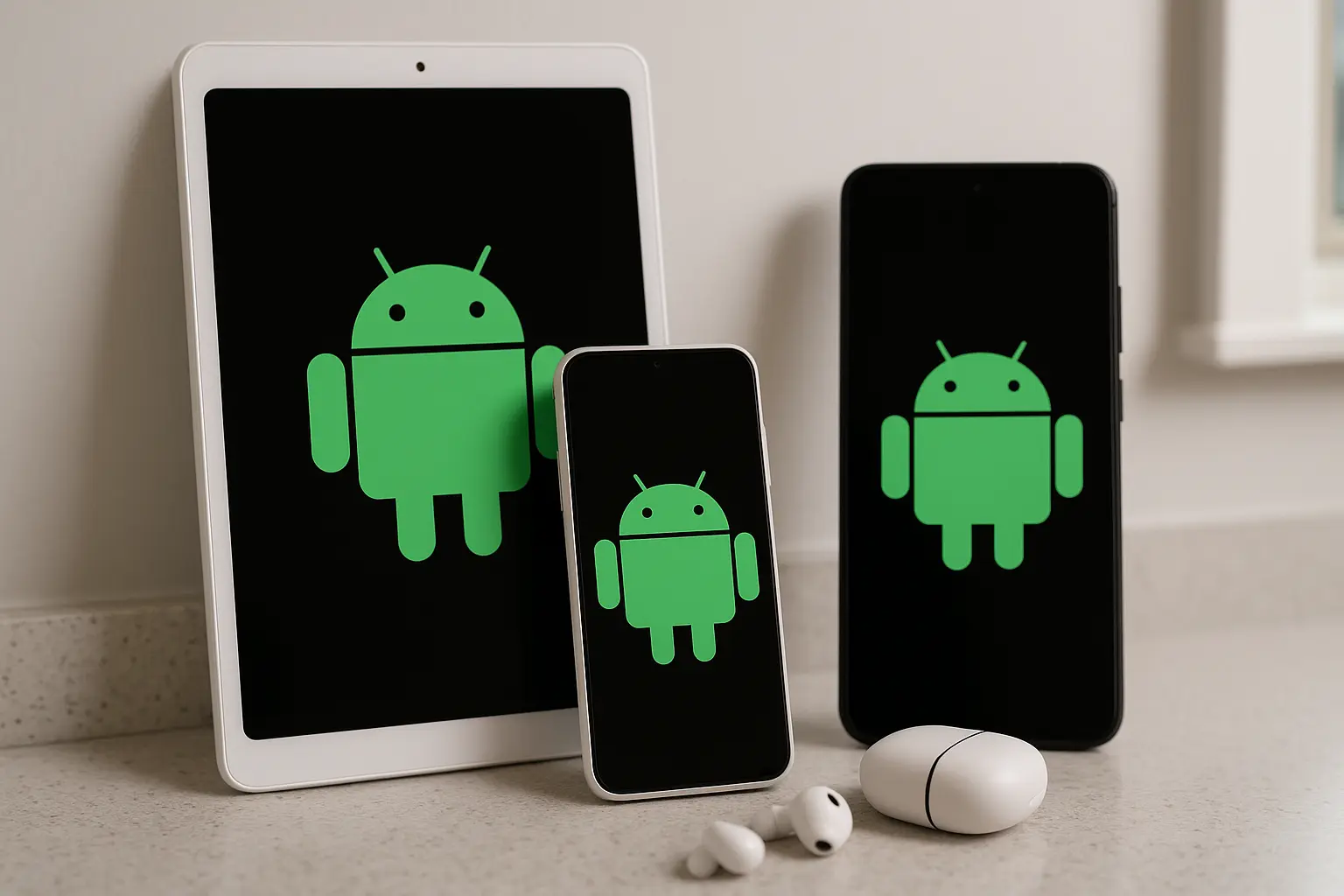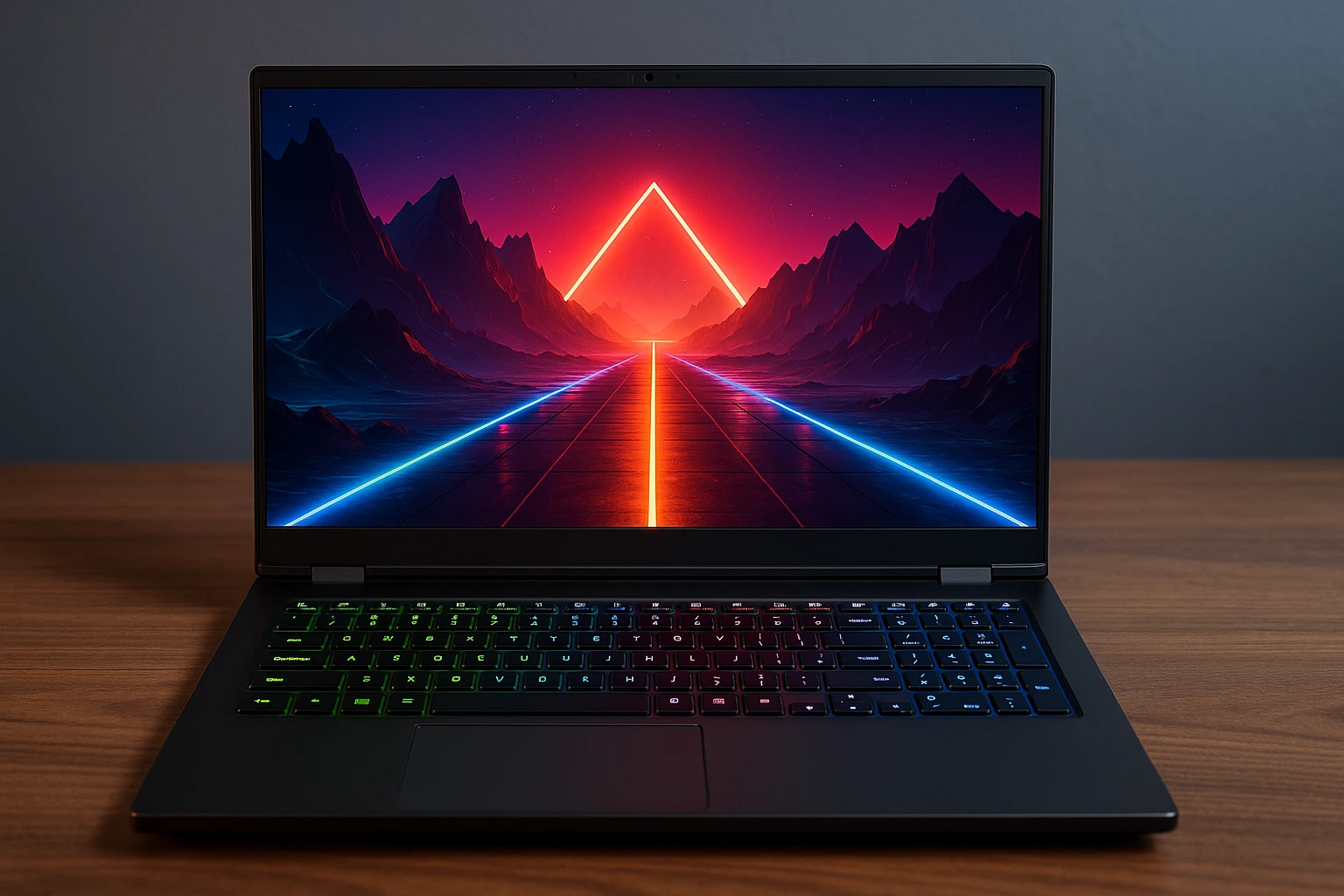More than 3 billion devices in the world run on Android; this means that it is more than the combined population of Europe, Africa, and North America. From Android smartphones to Android tablets, Android smart TVs to Android Wearables, and even Android refrigerators, the OS weaves them into one extensive ecosystem, touching almost every sphere of our digital lives.
But beyond smartphones, what else sets Android products apart? In this article, we will tour the length and breadth of the Android product universe, find out why this matters, and offer practical advice on how to navigate, select, and maximize these potent tools.
Why Android Products Are Important in the Digital World
Android is not just software; it is an open-source engine powered by Google along with an open network of developers and manufacturers across the world. Having this kind of flexibility, Android is becoming a widely accepted mobile OS that brings innovation to different industries.
Key Reasons Android Products Matter:
- Accessibility: In the Android ecosystem, phones are available at a huge price range-from budget phones like the Moto G series to the latest flagships like Samsung Galaxy S24 Ultra.
- Customization: Users can choose exactly what they want, absolutely everything, from the home screen layout to the default apps-and can even opt out from the platform, making it among the most customizable platforms.
- Diverse Hardware Options: Android receives an unmatched variety, so you can choose Pixel smartphones, Lenovo tablets, Fitbit wearables, or Sony Bravia Android TVs.
- Cross-Device Integration: Nearby Share, Google Assistant, Google Home, and other features enable smooth interaction across phones, tablets, TVs, and smart devices.
Main Benefits of Using Android Products
There are concrete, beneficial points that do influence user experience and business innovation, which means the dominance of Android does not happen by accident.
1. Variety of Devices and Innovation
Does Android provide options that Apple does not? If you are shopping for a foldable phone like Samsung Galaxy Z Fold5, for a gaming phone like ASUS ROG Phone 8, or for a productivity tablet like Samsung Galaxy Tab S9!
2. App Freedom
The Google Play Store shows over 3 million apps, and Android users even have the freedom to install APK files from third parties, allowing for more control over their app experience.
3. Google Ecosystem Synergy
Android devices can work with Google services such as Gmail, Drive, Maps, and Google Photos that offer auto-backup, real-time collaboration, and AI-powered features.
4. Affordable Smart Devices
Android runs affordable secondary smart home gadgets, watches like Pixel Watch 2, and an infotainment system in a car (via Android Auto), to support tech-savvy living on a budget.
Choosing the Right Android Product: Step-by-Step Guide
Step 1: Define Your Needs
- Communication & Daily Use: Mid-range devices like the OnePlus Nord series will serve you well.
- Gaming & Performance: Look into Xiaomi Black Shark or ASUS ROG phones.
- Business Use: Get productivity-focused tablets like the Samsung Galaxy Tab S9+.
- Lifestyle Integration: Explore wearables like Garmin Venu 3 (Android-compliant) or smart displays such as the Google Nest Hub.
Step 2: Compare Brands and Specs
- Samsung: Hardware quality, flagship features, and everything top-notch.
- Google Pixel: Software experience and timely updates come first.
- Motorola/Xiaomi: Those who keep track of the budget should look here.
- OnePlus: Renowned for speed and user experience.
Step 3: Read Reviews and Watch Comparisons
Tech reviewers found on YouTube, including MKBHD, The Verge, and Android Authority, weigh in with real-world opinions that often go past mere spec sheets.
Step 4: Long-Term Software Support Consideration
Pixel slaps on updates first, and update often. Samsung, in select models, follows up by saying, “I offer you four years of Android OS upgrades.”
Real-World Case Study: Pixel vs Samsung
While the façade of AI-powered photography and absolute Android software sat on the Pixel 8 Pro, the supercharged hardware innovations mulled over the 200MP camera and S Pen on the Samsung Galaxy S24 Ultra.
Those who favor software fluidity and prompt updates might lean towards Pixel, with multimedia creators veering off for Samsung. Both offer excellent experiences but are tailored to different needs.
Useful Ways To Enhance Your Android Experience
- Customize Your Home Screen: Use the launcher of your choice, such as Nova Launcher.
- Automate Tasks: With Tasker, you can automate nearly everything-199-from controlling volume to sending SMS replies.
- Check out Digital Wellbeing: Use the native Android Digital Wellbeing features to set limits on screen time, track usage, and help yourself focus.
- Use Google Assistant Smartly: Build routines to alert you in the morning, during work, and at bedtime.
- Practice Tight Security: Always keep security tight with Google Play Protect, biometric authentication, and OS updates.
Common Mistakes to Avoid
- Ignoring Bloatware: Some Android phones come preloaded with useless apps. Uninstall or disable them if you want better performance.
- Updates: Don’t Skip Them: Your device becomes more susceptible to bugs and security issues the longer you put off any system updates.
- Not Checking Permissions: Always make sure you review app permissions, especially for apps downloaded outside the Play Store.
- Not Backing Up Data: Use Google One or similar tools to ensure your data is always recoverable.
The Future of Android Products
Android is shifting beyond phones toward a unified, AI-powered ecosystem:
- AI Integration: Android 15 and Pixel’s AI capabilities (Magic Editor, etc.) have started to change how users relate to their devices.
- Wearable Growth: Now with Wear OS 4, elevate the Android wearables with better battery life, more apps, and deeper fitness tracking.
- Foldables & Rollables: Samsung, Oppo, and Motorola are among the brands challenging flexible display technology.
- IoT Expansion: Expect more integration into home automation, health tracking, and automotive systems.
Conclusion: Android Is More Than a Platform—It’s a Lifestyle
Android devices offer you an unprecedented amount of flexibility, affordability, and innovation in almost every possible use scenario. Whether you’re casual, a heavy gamer, or a business person, there is an Android product crafted for your lifestyle.
Are you willing to take another step into the Android ecosystem by exploring your own needs and trying out some apps or devices? And if you’re already there, now might be a great time to challenge yourself and get more out of the Android tools you already use. The future is not just mobile—it’s Android.




